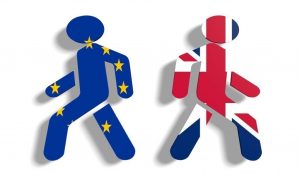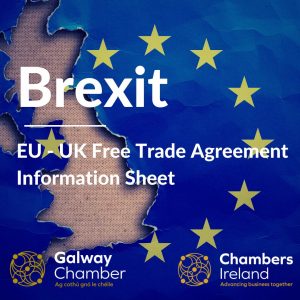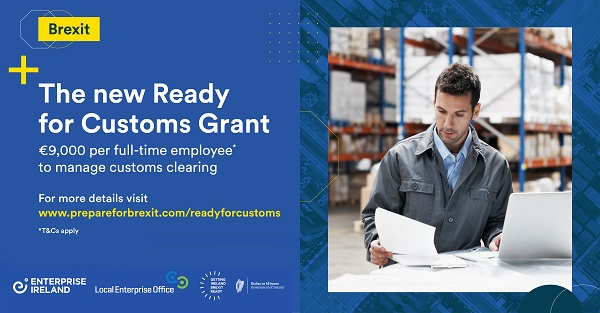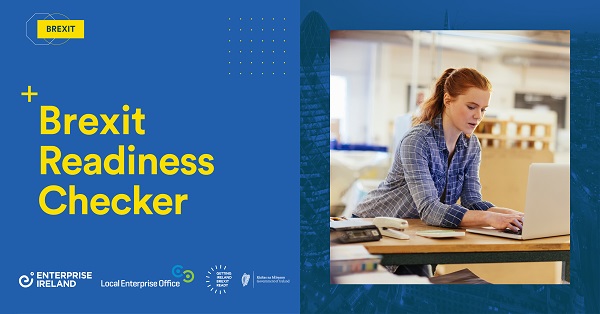
EU-UK FTA Information Sheet
As of 1 January 2021, the UK is now regarded as a 'third country' outside of the EU. The EU and the UK have formed two separate markets; two distinct regulatory and legal spaces. This will create barriers to trade in goods and services and to cross-border mobility and exchanges that did not previously exist - in both directions.
The UK formally left the European Union on 31 January 2020 and entered the 'Transition Period' which lasts until 31 December 2020. It remains essential that businesses continue to review the 'Practical Steps' guide to get 'Brexit Ready'.
In November 2018 (14 November 2018), the draft Withdrawal Agreement detailing the UK's manner of departure from the European Union was published as agreed by the negotiators on both sides.
This withdrawal agreement for the UK's departure was approved by the UK Cabinet on the day of its publication, however it has yet to be ratified by the UK Parliament.
While government and business have been planning 'no deal' contingency preparations, we believe that a smooth transition process is what is best for future Irish/UK business, competitiveness and growth.
The Ready for Customs Grant from Enterprise Ireland will assist your business to increase its capacity to manage the customs process after 1st January 2021.Up to €9,000 is available for each new full-time employee engaged in customs work. This grant contributes to recruitment costs, employee costs and provision of IT infrastructure. If you employ a new person to deal with customs on a part-time basis a grant of up to €4,500 is available. (Eligibility criteria applies)
Enterprise Ireland's Brexit Readiness Check is an online tool that will assist your business get ready for the 1st January. Companies complete a short online survey, and then receive an individual report highlighting the areas they need to take action on. The report also provides resources available from State agencies that will help you get Brexit ready. The Readiness Checker covers vital issues such as customs, VAT, finance and currency management, movement of people and strategic sourcing.
What Brexit Means for Your Business
Following the UK's vote to exit the European Union, we are left with a large degree of uncertainty on what will now follow. However, there are a few things we know that will and will not happen in the aftermath of the result.
In the immediate term, we can expect some degree of currency fluctuation in Sterling and possibly other currencies, so businesses with exposure to Sterling should consider how they will manage this.
However, it is important to note that there should be no immediate impact, as negotiations for a UK exit from the European Union are likely to take a considerable amount of time.
What Can You Do?
Businesses should begin a process of assessing the impact of Britain leaving the EU on their operations, and develop a contingency framework to make any necessary adjustments over the coming years as the terms of a negotiated exit become clearer or to assist us in raising matters of which negotiating teams should be made aware or seek alternative solutions. Issues to consider may include:
- Update generic contingency plans
- Analysis of business models and differences arising if trading directly, using branch structure, commissionaire structure or UK subsidiary
- Identify currency exposures
- Analysis of business lines to identify potentially exposed offerings. For example, products and services which are typically liable to customs for non-EU trading, products and services where regulatory environment may change, impacts of changes in employment laws, identify supply chain issues such as transport routes used for sales and purchases
Please note that this information is not advice, and should not be treated as such. If you have any specific questions about any matter you should consult your legal or other professional services providers



